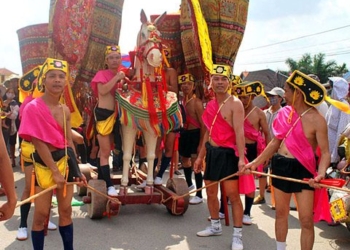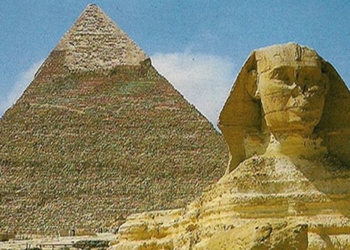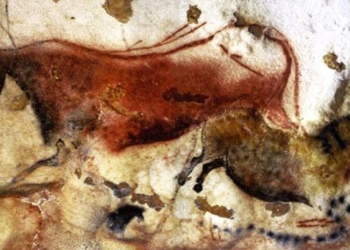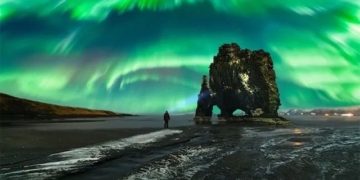On December 3rd, the United Nations Educational, Scientific and Cultural Organization (UNESCO) decided to add the famous handmade soap from the city of Aleppo, Syria, to its list of intangible cultural heritage, amidst the backdrop of the city being ravaged once again by conflict.
According to UNESCO, artisans have created this product using “traditional knowledge and skills” that have existed for 3,000 years, relying on a combination of natural ingredients sourced locally and a drying process that can take up to 9 months. Recognizing the essential role of soap in the local community, UNESCO stated that “the cooperative production process promotes community and family cohesion.”
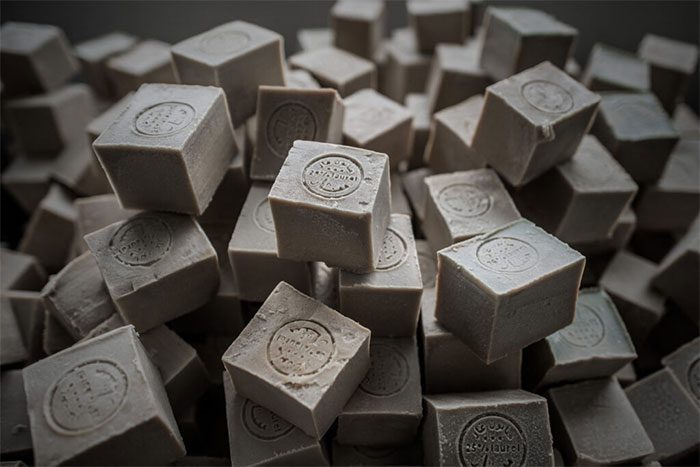
Handmade soap from Aleppo, Syria has been added to UNESCO’s list of intangible cultural heritage. (Photo: AFP).
With a rugged appearance, Aleppo soap is considered the most eco-friendly soap and is recommended for use on infants. Unlike soaps made from animal fats, Aleppo soap is produced from olive oil and laurel oil. Notably, Aleppo soap requires a long processing time: it takes 3 days to cook the oil mixture into soap, but it must dry for 9 to 12 months.
Before the onset of conflict in Syria, soap production in Aleppo was an important industry, with an output of 20,000 tons per year in 2010. However, fighting has dramatically reduced production to only a few dozen tons annually. The conflict has also dispersed manufacturers. Among 100 soap factories in the city, only about 10 are still operational, with many having relocated to Damascus or nearby Turkey, which has a similar climate for production, but they too are facing high production costs. Recent violent developments have also raised concerns about their impact on the city’s economy, which was just beginning to recover.
In addition to soap, Al-Qudoud al-Halabiya, a traditional music genre from Aleppo, is also included in UNESCO’s list of intangible cultural heritage. The city of Aleppo itself was recognized as a World Heritage Site in 1986 and was added to the list of World Heritage in Danger in 2013 amidst the ongoing conflict.








































